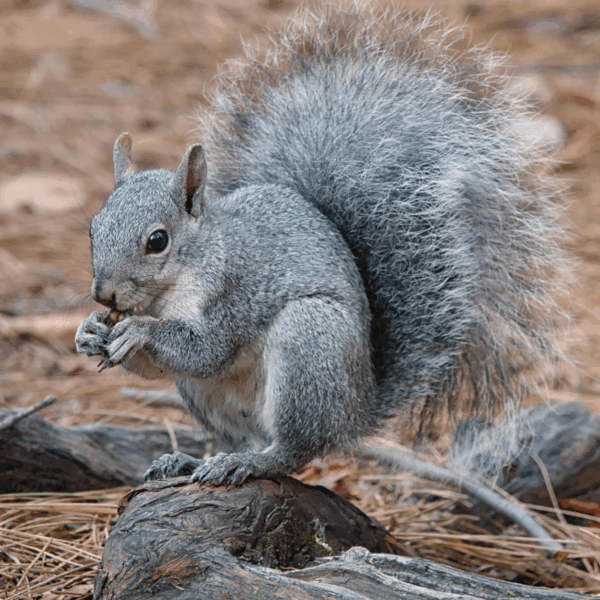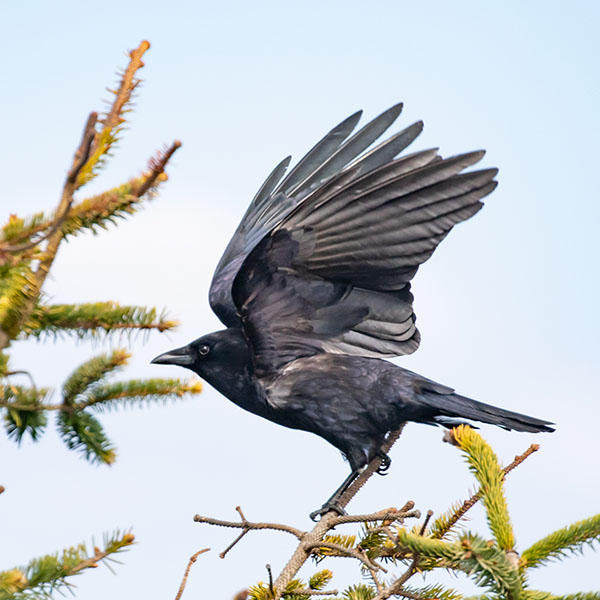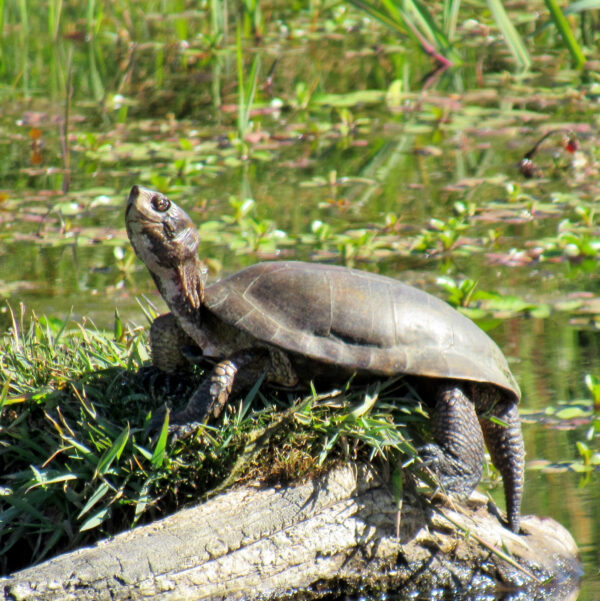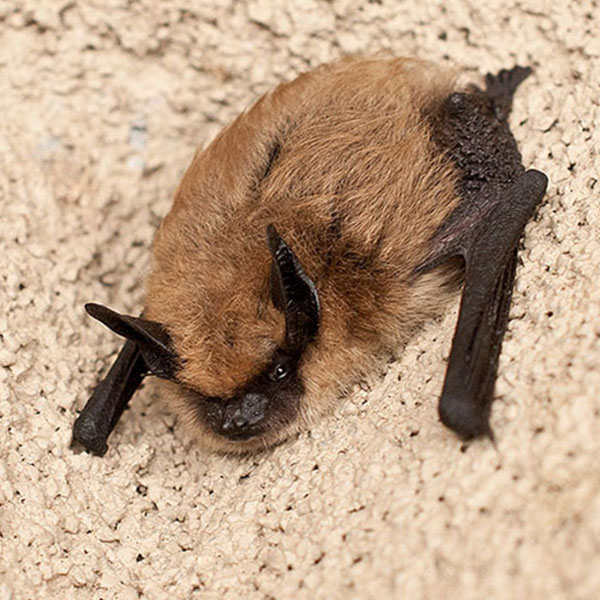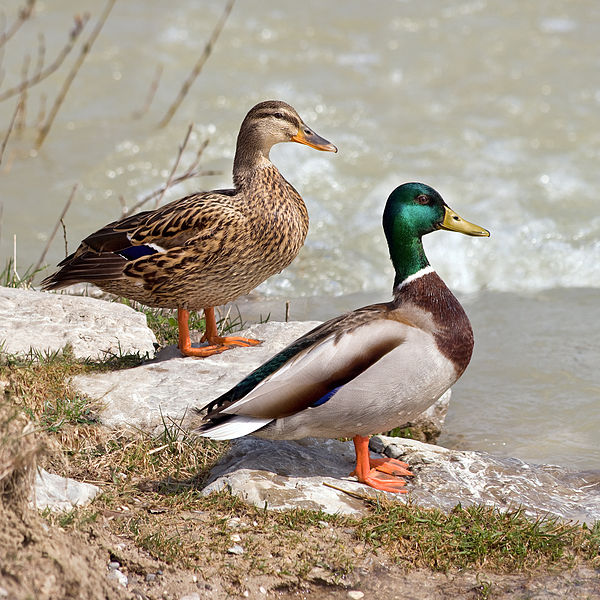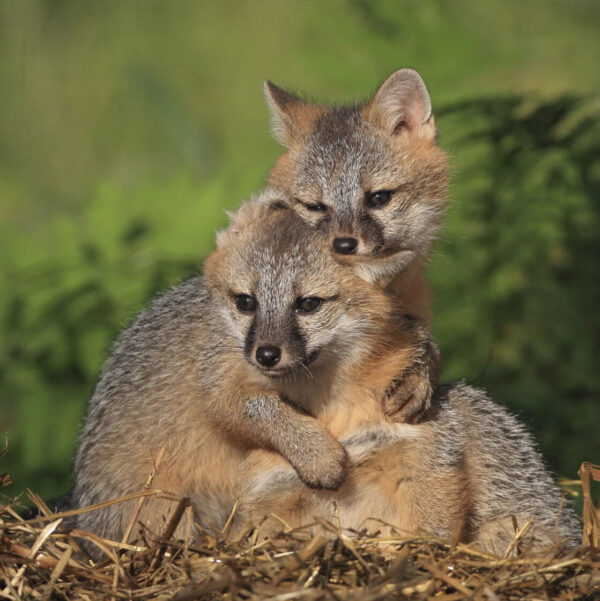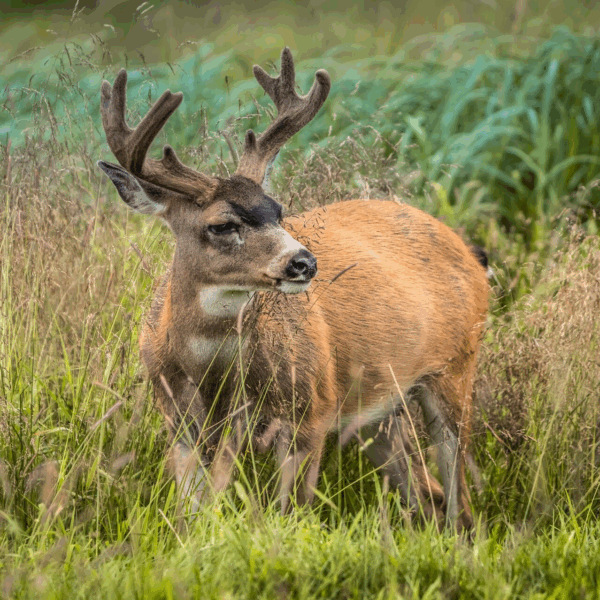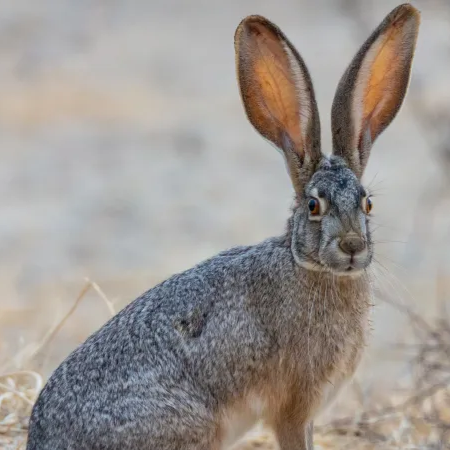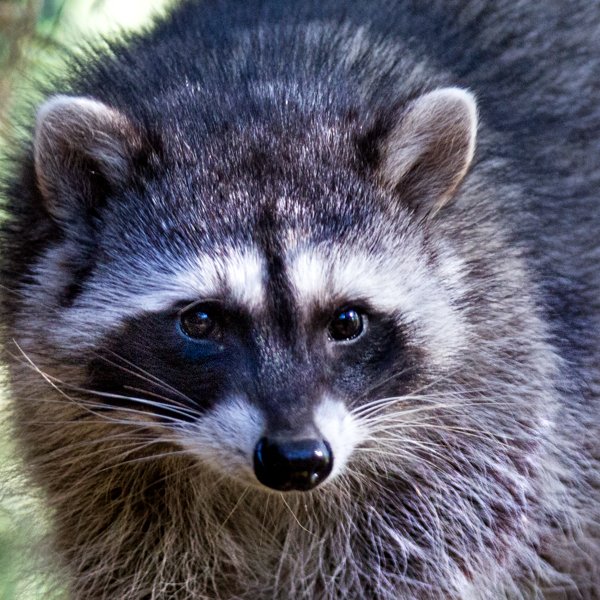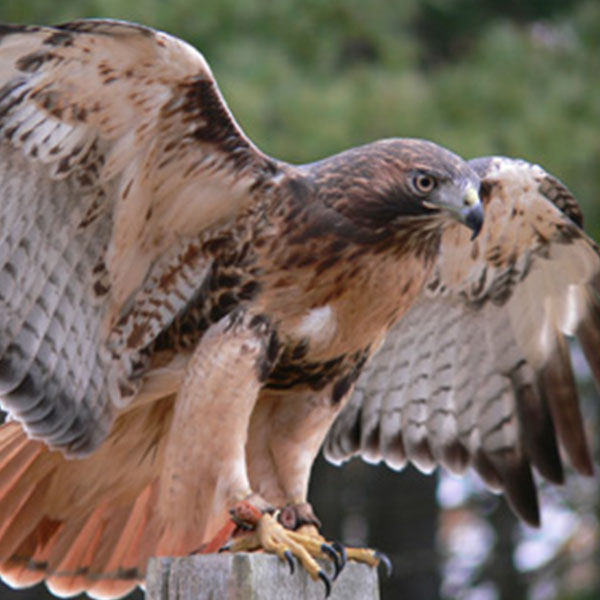Join Our Mission to Heal and Release Wildlife
Become a part of our journey to care for injured, sick, and orphaned wildlife.Found an injured, sick, or orphaned wild animal?
Wildlife Hospital Hotline: 541-441-7193
Our Wildlife Hospital can only intake injured, sick, or orphaned wildlife from Josephine, Jackson, and Curry counties in Oregon. Wildlife Images is the only wildlife rehabilitation facility that can accept wildlife from these counties.
- Our Hotline is staffed 7 days a week, excluding Thanksgiving, Christmas Eve, Christmas Day, New Year’s Eve, and New Year’s Day.
- Hotline operation hours are from 8am-5pm, 7 days a week
- Call or text with wildlife questions and concerns – photos are extremely helpful!
- If we are not able to answer your call, please leave a detailed voicemail or text regarding your situation.
We are open for patient intakes from 9am-4:30pm 7 days a week.
Fill out our After-Hours help forms for advice on what to do while you wait for us to contact you with further instructions.
Do NOT offer food or water to an injured, sick, or orphaned animal unless instructed to do so by clinic staff. Many species require a specialized diet or formula, and young animals and birds can be easily aspirated without proper training and equipment.
Found a Songbird or Woodpecker?
Please call our wildlife hospital hotline (541-441-7193) if you have found an injured or orphaned songbird or woodpecker. Understanding Songbirds and Woodpeckers: When to Help Songbirds are a diverse group of birds within the order Passeriformes and are specifically...
Found a Small Mammal?
Please call our wildlife hospital hotline (541-441-7193) if you have found an injured or orphaned small mammal. Understanding Small Mammals: When to Help Southern Oregon is home to a variety of small mammals such as tree squirrels, ground squirrels, chipmunks,...
Found a Jay, Crow, or Raven?
Please call our wildlife hospital hotline (541-441-7193) if you have found an injured or orphaned jay, crow, or raven. Understanding Crows, Ravens, and Jays: When to Help Crows, ravens, and jays are all part of the corvid family, known for their intelligence...
Found a Wild Quail or Wild Turkey?
Please call our wildlife hospital hotline (541-441-7193) if you have found an injured or orphaned wild quail species or Wild Turkey. Understanding Wild Quail and Wild Turkeys Southern Oregon is home to two different species of wild quail: the California Quail and...
Found a Reptile or Amphibian?
Please call our wildlife hospital hotline (541-441-7193) if you have found an injured or orphaned reptile or amphibian. Understanding Reptiles and Amphibians: When to Help Southern Oregon is home to many different species of reptiles and amphibians, including turtles,...
Found a Bat?
Please call our wildlife hospital hotline (541-441-7193) if you have found an injured or orphaned bat. Understanding Bats: When to Help Oregon is home to 15 species of insectivorous bats, many of which live in southern Oregon. Many species of bats in Oregon are...
Found a Duck, Goose, or Other Waterbird?
The rehabilitation of ADULT waterfowl is currently strictly prohibited by the Oregon Department of Fish and Wildlife due to Highly Pathogenic Avian Influenza (HPAI). Wildlife Images is permitted to rehabilitate injured or orphaned ducklings and goslings. ...
Found a Fox?
Please call our wildlife hospital hotline (541-441-7193) if you have found an injured or orphaned fox. Understanding Foxes: When to Help There is only one species of fox that lives in southern Oregon: the Gray Fox. Gray Foxes are curious, elusive, medium-sized...
Found a Deer?
The rehabilitation of deer in the State of Oregon is strictly prohibited by the Oregon Department of Fish and Wildlife. Wildlife Images cannot accept orphaned and injured deer for rehabilitation. Injured Deer Injuries to deer—such as hurt legs—are very...
Found a Rabbit?
Please call our wildlife hospital hotline (541-441-7193) if you have found an injured or orphaned rabbit. Understanding Rabbits: When to Help Southern Oregon is home to multiple rabbit species: the Black-tailed Jackrabbit, Brush Rabbit, and very rarely, Pygmy...
Found a Skunk?
Please call our wildlife hospital hotline (541-441-7193) if you have found an injured or orphaned skunk. Understanding Skunks: When to Help Skunks are medium-sized mammals known for their distinctive black-and-white coloring and powerful defensive spray. There are two...
Found a Raccoon?
Please call our wildlife hospital hotline (541-441-7193) if you have found an injured or orphaned raccoon. Understanding Raccoons: When to Help Raccoons are highly adaptable mammals found throughout Oregon, living comfortably in forests, neighborhoods, and even city...
Found a Hawk, Owl, Falcon, Eagle, or Vulture?
Please call our wildlife hospital hotline (541-441-7193) if you have found an injured or orphaned hawk, owl, falcon, eagle, or vulture. Understanding Raptors and Birds of Prey: When to Help Raptors are birds of prey, including hawks, owls, falcons, eagles, and...
Prohibited Rehabilitation Species
We are not legally able to rehabilitate the following species due to state and/or federal regulations
- Deer (this includes all native hoofed species such as elk and moose)
- Coyotes
- Wolves
- Bears
- Cougars
- ADULT Ducks and Geese (due to Highly Pathogenic Avian Influenza)
- Marine mammals
***Many native species can appear very similar to invasive species, so please contact us to ensure correct species identification!***
- Virginia Opossum
- Eastern Fox Squirrel
- House Mouse
- Norway Rat
- Nutria
- European Starling
- House Sparrow
- Rock Pigeon
- Eurasian Collared-dove
- Red-eared Slider
- American Bullfrog
Join Our Mission of Compassion and Action
Our initiative opens the door for passionate hearts and helping hands to join forces in the rehabilitation of injured, sick, and orphaned wildlife. Through volunteering, donations, and educational advocacy, you become part of a collective effort to heal, protect, and release these animals back into their natural habitats. Discover how you can contribute to a legacy of care and conservation, and help us write success stories for saving wildlife.
Orphaned Animals


Injured Animals
Rehabilitation


Release
The pinnacle of our efforts culminates in the release of these animals back into their natural environments. Witnessing their first steps, flights, or dives into freedom is not only our goal but our greatest reward, symbolizing hope and resilience.


